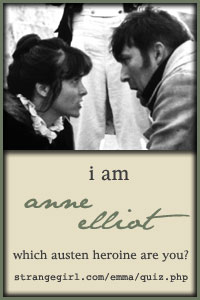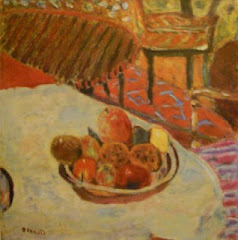There are twenty-two days until the winter solstice, the (re)turning of the light. Those lines of Rilke's from one of the Sonnets to Orpheus come back to me—
We must go on, to get through. We will be gladder, stronger, better, after.For among these winters there is one so endlessly winter
that only by wintering through it all will your heart survive.
To count those wintering hours off I'm going to give my heart one present every day, something to brighten one or another of the senses.
Today's is a joy to the ears—Mozart's Ave Verum Corpus sung by the Welsh baritone Bryn Terfel.
And I am always happy to reread the whole poem by the light-gathering Rilke, first given to me by a friend at a time of sorrow—
The Sonnets To Orpheus: Book 2: XIII
Be ahead of all parting, as though it already were
behind you, like the winter that has just gone by.
For among these winters there is one so endlessly winter
that only by wintering through it all will your heart survive.
Be forever dead in Eurydice-more gladly arise
into the seamless life proclaimed in your song.
Here, in the realm of decline, among momentary days,
be the crystal cup that shattered even as it rang.
Be-and yet know the great void where all things begin,
the infinite source of your own most intense vibration,
so that, this once, you may give it your perfect assent.
To all that is used-up, and to all the muffled and dumb
creatures in the world's full reserve, the unsayable sums,
joyfully add yourself, and cancel the count.
Rainer Maria Rilke, Translated by Stephen Mitchell
image: Christie B. Cochrell, Candle2























































